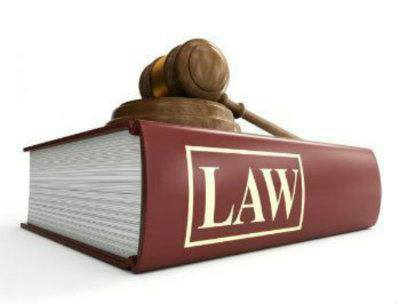Slip and fall cases result when a person has been injured due to the negligence of a property or business owner. Usually, the process goes without a hitch: the client hires a lawyer to represent the case and through negotiation and some haggling of details and liability, the injured client receives a settlement to help them recover from the incident and move on.
However, every so often the legal team hits a snag in the case and must decide whether to pursue it further or withdraw.
4 Reasons An Attorney Can Withdraw From A Case
There are many reasons lawyers withdraw from a slip and fall case and some of the reasons are explored further below.
1. Going Against The Grain
Most firms will encourage a lawyer to hold onto a case even if the outcome looks bleak or the client and lawyer don’t get along. But there are some inexcusable actions that cannot be overlooked. One of these is a client’s request for the lawyer to break the law or falsify information in order to increase a settlement. Another is a client who orders the lawyer to violate the Rules of Professional Conduct. Lying about the cause of a slip and fall or presenting a case to the lawyer in a way that makes them assume the wrong thing makes a good excuse to withdraw from the case.
If you want the lawyer to go against the system of ethics in order to represent your case, it is highly likely that they will withdraw from the suit. Lawyers call this a noisy withdraw because it can be a tricky road to travel for all parties. You can rest assured, though, that what you told your lawyer before the withdrawal of services cannot be shared with anyone else. You are still guaranteed client-attorney confidentiality.
2. Unfit For Service
Lawyers are humans and are subject to the same physical and emotional battles. Physical illness or injury can lead to required time off or the inability to focus on your case. Emotional problems in the lawyer’s life can result in faulty decision-making and less likelihood of a settlement because he or she mentally just “isn’t there.”
3. Irreconcilable Differences
Sometimes you just don’t get along with your counsel. Usually, this is not a reason to withdraw from a case, but if the differences result in a conflict of interest to the extent that the lawyer cannot represent the case without danger of the court throwing it out, then withdrawing is the best option. Of course, you are in the driver’s seat. If you decide that your representative isn’t doing the job that you expected them to do, you are free to dismiss them at any time. There are over a million lawyers currently practicing in the United States to choose from and more than 40,000 new graduates a year.
4. From The Lawyer’s Perspective
Clients don’t always realize the thoughts that jumble around the lawyer’s head. A lawyer who feels abandoned, who calls but can never “reach” the client, or a lawyer who waits for a retainer fee just to be told you won’t pay, can make them unlikely to attempt a compromise. In addition, if you are ordering them to do things that go against their personal code of ethics don’t be surprised if they announce a withdraw soon after.
Make Sure Your Attorney Followed The Steps To Withdraw
While you may not want to cause trouble for your lawyer, and finding a new one to represent your slip and fall case will probably be fairly simple, it is important that you make sure your attorney has a legitimate reason for exiting. Here are the standard requirements your attorney must meet before dropping your case. Before withdrawing from your case, the attorney needs to
- Notify you that they plan to withdraw.
- Give you time to find other counsel.
- Have a valid reason for withdrawing.
- Obtain the permission of the court if they have already appeared in court for the case.
- Refund unearned fees that have been paid in advance.
- Return to you all property and paperwork involved in your case.
